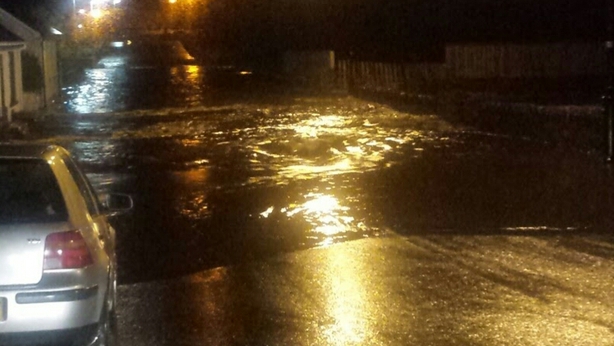An idea that came to two children during a family drive in a downpour has caught the attention of automotive engineers and inspired an environmental solution to an old problem.
The Krohn family's outing during heavy rain was beset by problems when the car's windscreen washer reservoir was discovered to be empty, preventing their father, Gerd, from clearing grime from the windscreen.
When grime hasn't been cleared, it creates a film across the windscreen that can make it very difficult, if not impossible to see through it. This set the Krohn children thinking and they had a Eureka moment. Re-cycle rain water for the resservoir.
They came up with a very simple device, which they later experimented with in their home.
"It was a downpour. There was water everywhere – except in the windscreen wiper reservoir."
"My sister and I thought this was really funny and then the answer suddenly seemed obvious. Simply reuse the rainwater," said 11-year-old Daniel, from Jülich, North Rhine-Westphalia, Germany.

The solution came to the Krohn family during a downpour.
""We couldn’t believe that no-one had thought of it before," added 9-year-old Lara.
"To try it out, we took apart our toy fire engine and fixed the pump to a model car inside an aquarium. Then we added a filtering system to ensure the water was clean. It just worked really well."
Water usage by vehicles is expected to increase as additional cameras and sensors also need to be kept clean. Engineers are already working on ways to capture water, via rain and condensation, including a way of gathering moisture from the air and filtering it into drinking water.
These engineers at Ford, who heard about the Kohn kids' idea, were so intrigued that they offered to install a full‑sized device into a Ford S-MAX test car. To collect the water, rubber pipes connected the bottom of the windscreen to the reservoir.
"Daniel and Lara’s idea has been staring drivers in the face for decades – and it has taken one moment of ingenuity to bring it to life. In less than five minutes of rainfall the washer reservoir is completely full," said Theo Geuecke, supervisor, Body Exterior Hardware, Ford of Europe.
The idea has won the kids a local science prize in Germany and has now been fully adapted for a test car. It is reckoned that the development could save billions of litres of water around the world that would otherwise just have been used to fill washer reservoirs in millions of cars.


